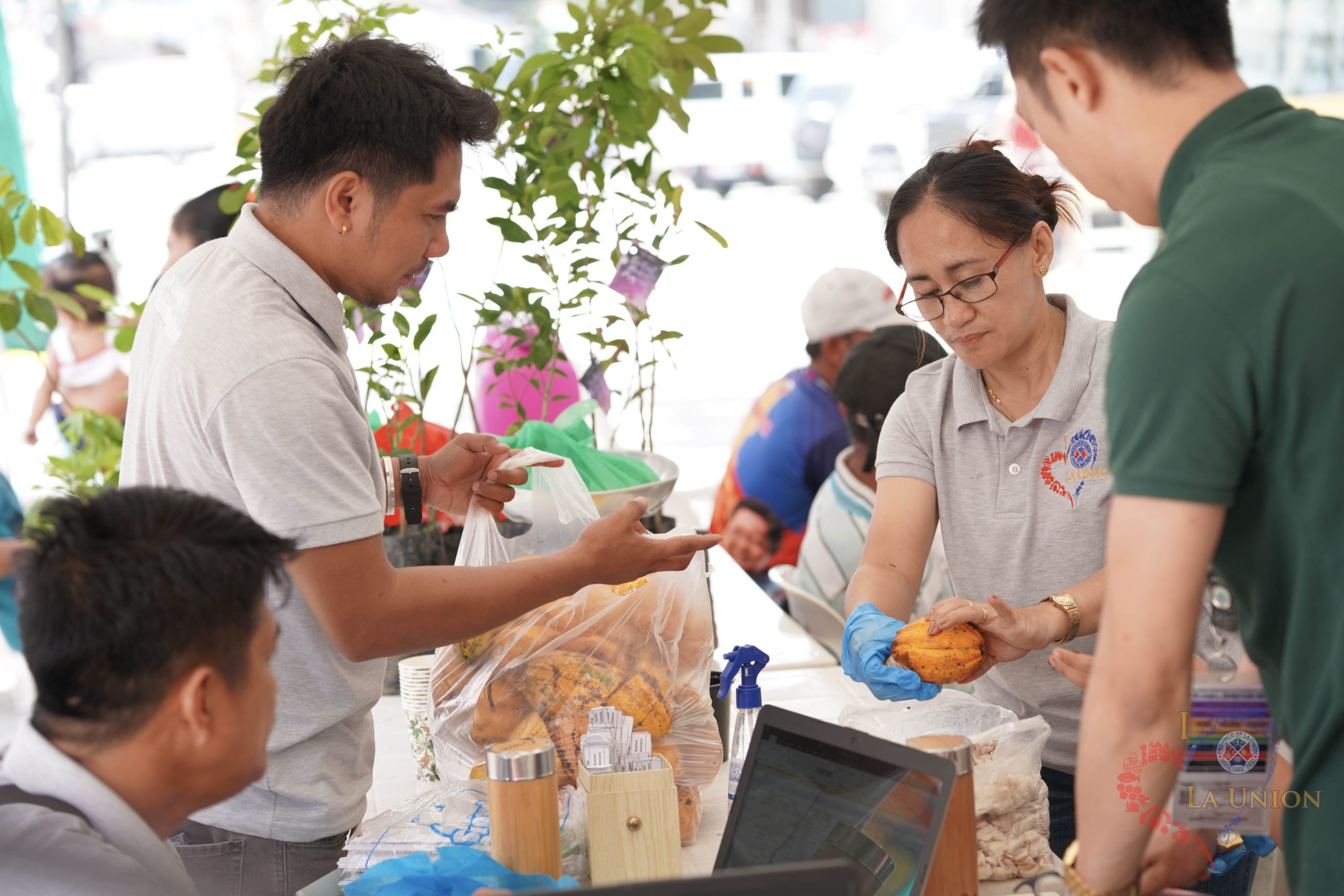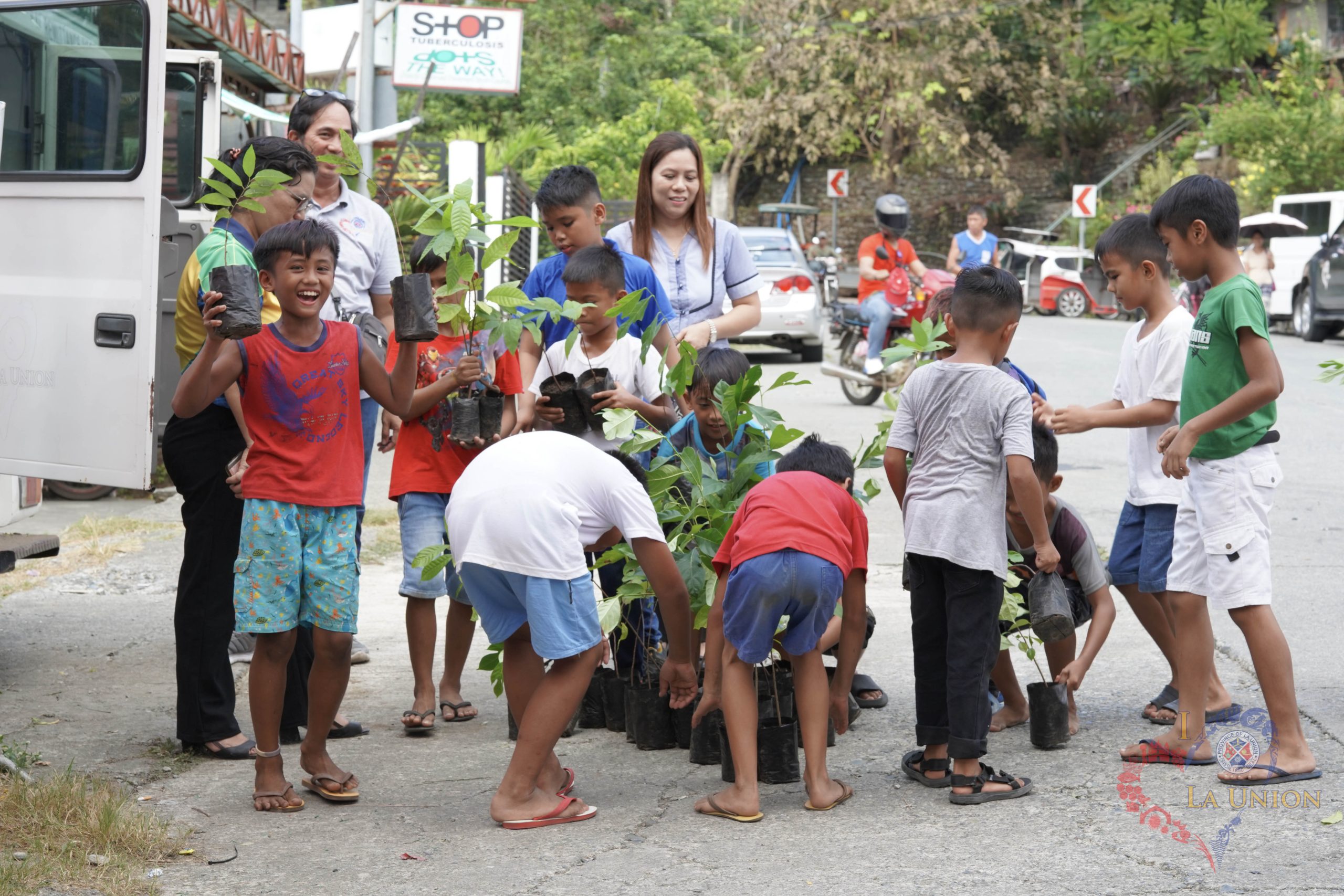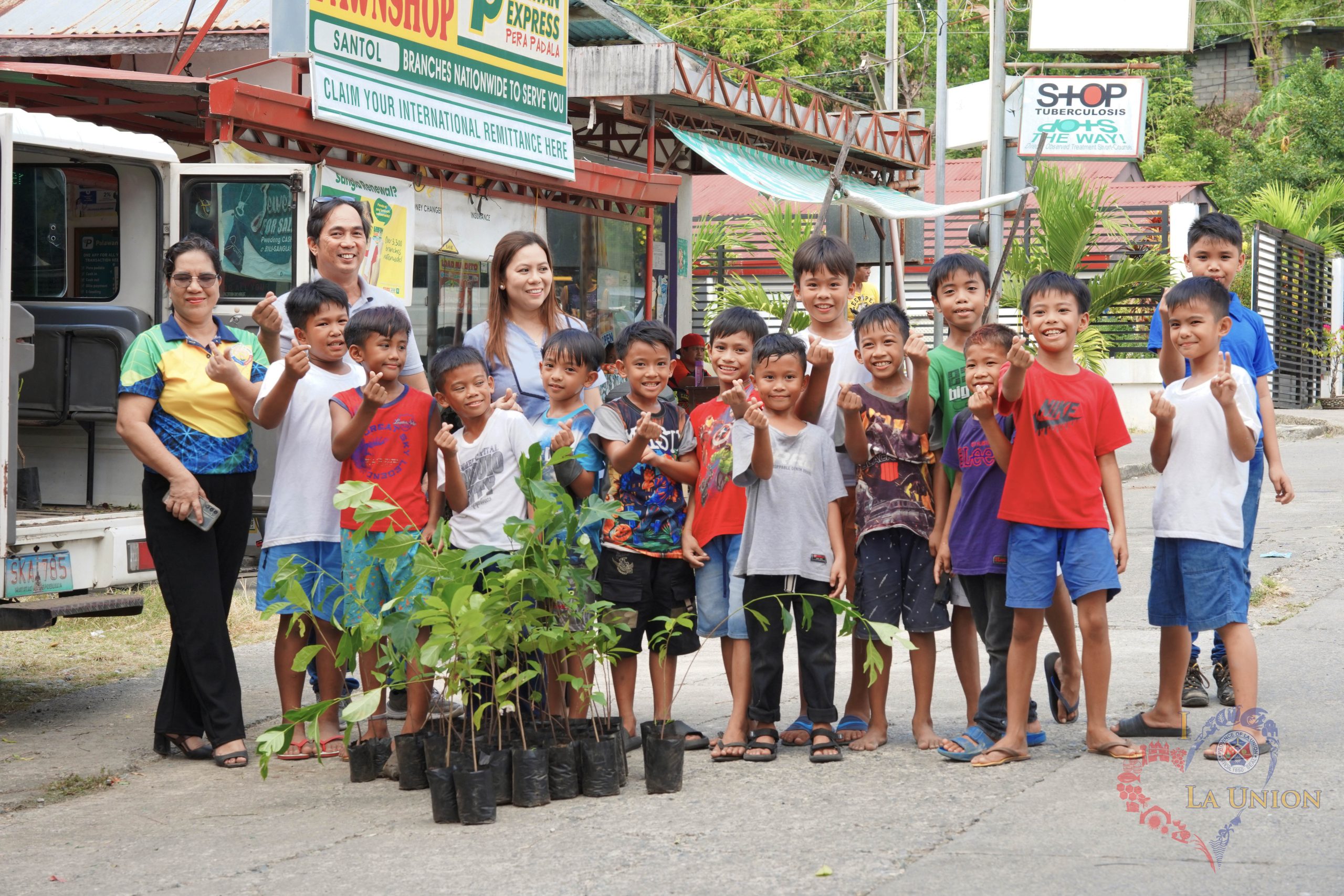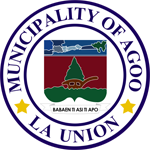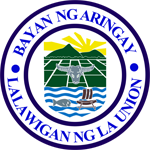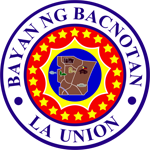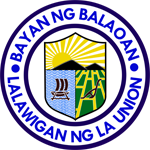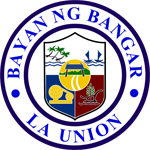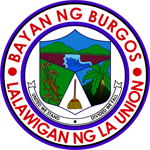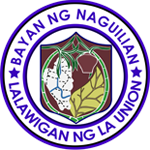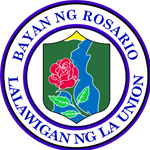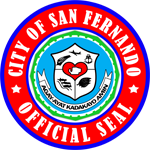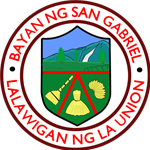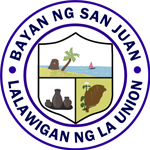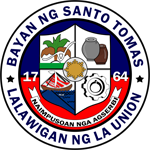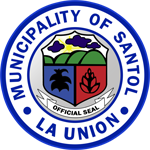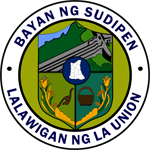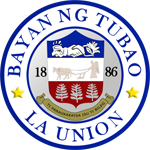IN LA UNION, RESIDENTS GO ZERO WASTE BY EXCHANGING SEEDS FOR RICE
By: Justin Paul D. Marbella, PIO | Photos By: PIO | Date: February 2024

Marites Tordilla has always been upset about the spoilage of some fruits she is unable to dispense from her fruit stand. She is a vendor at the public market in the City of San Fernando, La Union, and as her products are perishable – avocado, mangoes, santol, papaya and other local fruits – wastage is major concern in her business.
Belen Albay is a mother who strives to make ends meet for the family. Resourceful and prudent, she ensures in her household in Agoo that nothing goes to waste. So much so that she collects even the seeds from food scraps, because she knew she could make the most out of them.
And she was right. Belen and Marites made better use of these organic scraps by exchanging them with rice. They are two of the many beneficiaries of a project by the Provincial Government of La Union (PGLU) that aims not only to help defray expenses of households, but also encourage residents to lead zero waste lifestyles.
“The Sukat Bukel project began in 2019 as a way to address solid waste issues,” said Governor Raphaelle Veronica Ortega-David. Since then, it grew with more and more locals harvesting benefits from the project.
“Sukat bukel” in Iloko literally translates to “exchange seeds.”
The project was launched in March 2019 as a small activity as part of the celebration of province’s founding anniversary. Locals showed overwhelming interest in the project. “Many clients came to our office to exchange their seeds for rice, but the supply already ran out,” said Annalyn Valdez, chief of the PGLU’s environment office.
“Hence, we proposed the project to be sustained, and an additional P189,200 funding was approved that year.”
At the height of the pandemic, the project sprouted opportunities for residents. At a time when income was hard to come, it provided households alternative source for rice. In 2022, some 24 residents were able to exchange their seeds with a total of 183 kilos of rice.
In 2023, “Sukat Bukel” became a full-blown program with its fund allocation reaching over P1 Million. Over 500 clients participated in the program, with more than 5,000 kilos of rice dispensed.
But the program does not only serve economically for the locals. It also serves as seedbed for the local government to sow the values of environmental consciousness among the constituents.
Aside from rice, the project also allows residents to exchange their seeds for seedlings such as grafted rambutan and budded calamansi. “Surprisingly, some residents choose seedlings because they want to have some greens in their homes. They are usually city dwellers who have spare lot where they can plant these seedlings,” said Valdez.
In 2023, the program distributed 163 rambutan seedlings and 287 calamansi seedlings.
The project is also PGLU’s way to combat the effects of climate change. “This is our contribution to the whole-of-nation and community approach on ecological and environmental stability,” said Governor Ortega-David.
Through the seeds it collects, the local government is able to maintain its nurseries where it grows seedlings that supply for tree planting activities across and outside the province. With nearly 2,000 kilos of various seeds collected from 2022-2023, the PGLU is able to cultivate thousands of seedlings of various fruit-bearing trees like avocado, coconut, coffee and cacao.
The PGLU gives out these seedlings for free, as part of another environmental initiative in line with the National Greening Program. “Through the Project TREE (Taking Responsibility for Elyu’s Environment), we aim to disperse these seedlings to be planted in residents’ own backyards, as we want to bring the tree-planting practice down to the household level,” Gov. Ortega-David said.
The program also now serves to preserve indigenous and endemic tree species. “Local trees like bittaog, mabolo, botong, and pakak are slowly getting lost in the consciousness of today’s youth, and we are happy that through Sukat Bukel, we get to ensure the sustainability of these species, which are part of our identity and heritage,” Governor Ortega-David added.
Related Photos:
